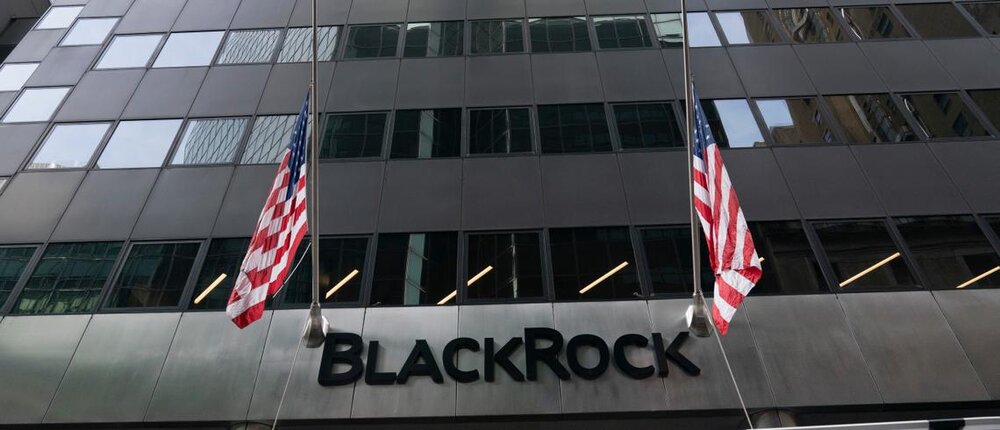Hawzah News Agency - An American-Arab woman and a Black man have opened up a Pandora box of complaints against BlackRock, the world’s largest asset manager, which faces accusations of tolerating a culture of sexual harassment and intimidation against women and minorities.
Essma Bengabsia, a Muslim woman born and raised in the US, and Kenyan-born Mugi Nguyai co-authored an open letter to BlackRock’s CEO Larry Fink, last month, detailing their experience and calling for an independent review of how the company treat its employees.
Bengabsia and Nguyai, who both left the firm at different times after failing to convince BlackRock’s human resource department to take action on their complaints, have publicly shared their stories, attracting media coverage and attention.
After an initial denial, BlackRock seems to have finally caved in as it has decided to hire a Wall Street law firm to look into the reports of “employee misconduct.”
An online petition that Bengabsia started to demand BlackRock to end discriminatory office practices has already reached its goal of 10,000 signatures.
‘Should I touch her?’
In a Medium blog post published in February, Bengabsia, who quit BlackRock in 2019, wrote a detailed account of her workplace experience, which ultimately led her to be diagnosed with PTSD.
At various times, she heard colleagues telling her that her name wasn’t American, that “Middle Easterners are overly strict bedouins”, that she’s a “mess” and that she’d “fail”.
When she showed up at a Christmas holiday party in December 2018 in her normal office attire - unlike others who were wearing Christmas sweaters - someone yelled, “Why don’t you be American for once?” There was no point explaining that Muslims have their own holidays. She was called a Grinch.
One day in October, 2018, a male colleague who had been harassing Bengabsia for months, loudly asked in front of 10 co-workers, “Should I do it? Should I touch her? Does it count as sexual harassment if I touch her?”
Instead of intervening, her colleagues were daring the male employee to proceed.
Bengabsia kept a spreadsheet to record all the experiences. But despite the evidence, which included dates and times, her team leads and HR did not act on her complaints.
“I have come to learn that this is BlackRock’s HR playbook: they receive an HR report on discrimination, try to quietly address it by moving the victim to a different team in a different office, then build up a performance-related reason to delay the victim’s pay raises or promotions and/or socially ostracize the victim until they are left with no choice but to leave the firm,” she wrote.
Since they came forward, Bengabsia and Nguyai say other former and current employees have shared their own stories that expose a culture of systematic discrimination at a company that manages over $8 trillion in assets.
Black employees, some of whom call the company ‘WhiteRock’, are particularly vulnerable. They are racially profiled even by the receptionists, and in one instance building security chased out a black worker because they didn’t believe he was an employee there.
“Working at BlackRock as a Black person is very isolating and emotionally taxing. You are seen as lazy, incapable, and inferior by default despite repeatedly proving otherwise. Your hair/dress sense is critiqued with abnormal effort,” they quoted one of them.
BlackRock’s management has treated these reports of bias, discrimination and harassment as individual cases and resisted the push to acknowledge that there’s a widespread problem at the firm.
The firm is already facing a lawsuit in a US court filed by a female Black employee who says she was forced out of the job after she continuously complained that white male workers were getting more desirable assignments and better pay.


Your Comment